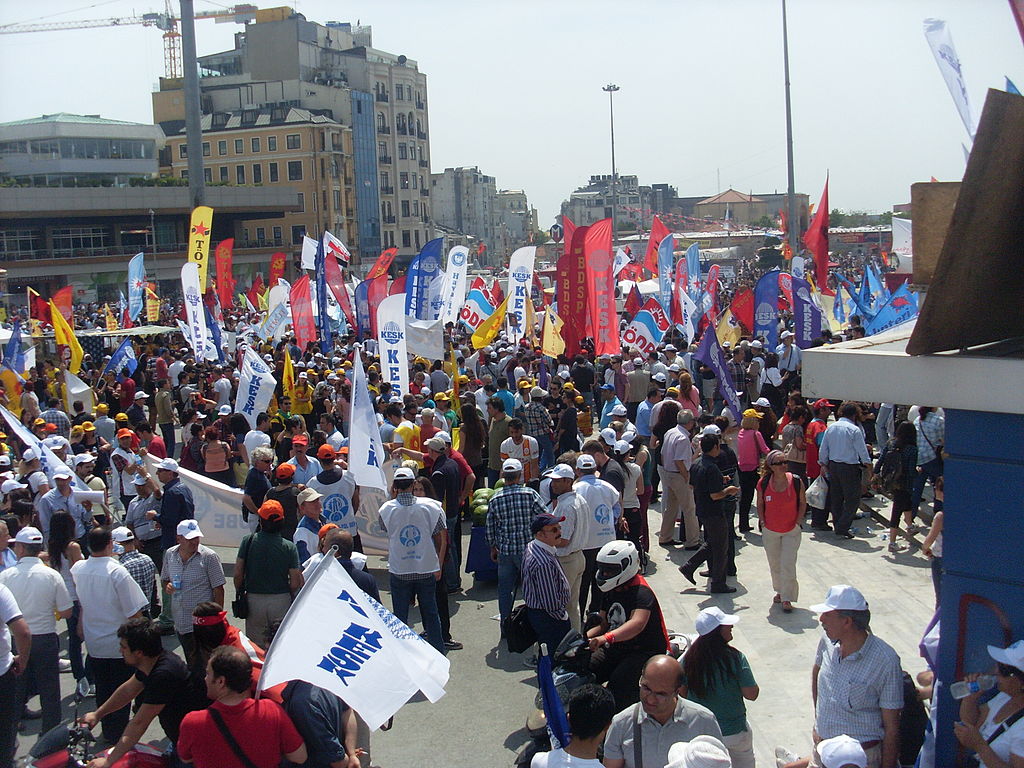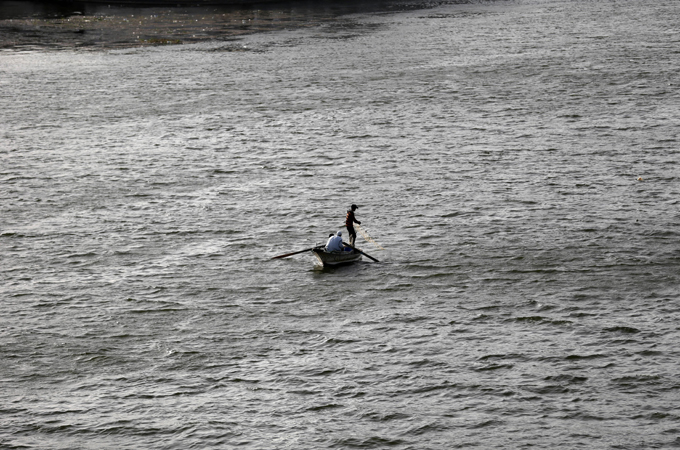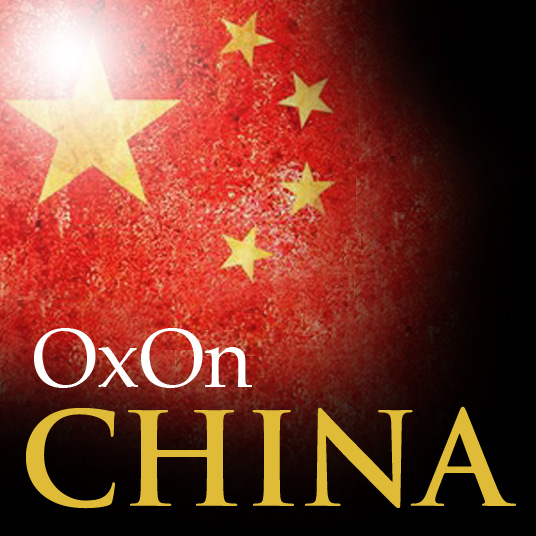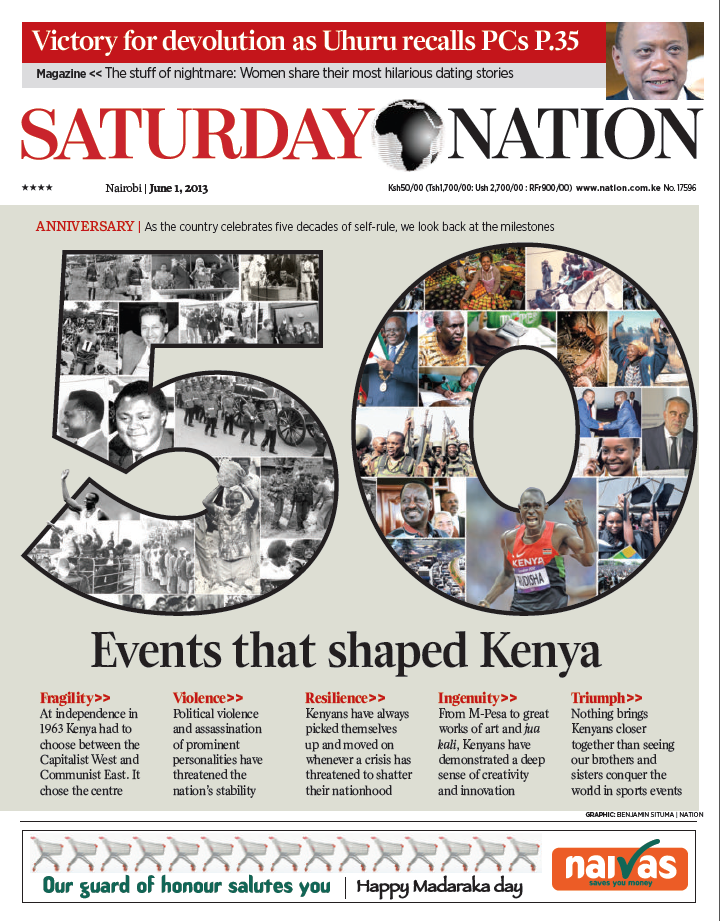
After the Protests: Time for a new politics in Turkey
The balance sheet after three weeks of protests and police violence in Turkey is grim: four people were killed, more than 7,000 wounded, 11 lost their eyesight and several hundred detained. What began as a localised protest over a shopping centre and the demolition of the Gezi Park in Istanbul’s central Taksim Square turned into a nationwide conflagration in response to the inciting rhetoric of Prime Minister Recep Tayyip Erdoğan and the unfettered police brutality unleashed upon peaceful protestors. The image of German Green Party Chairwoman Claudia Roth, barely able to speak following a teargas attack on her hotel next to the Gezi Park, will come to haunt Turkey’s political elites for years to come.
It is hence not surprising that a significant portion of Turkey’s society, which also feels unrepresented by the infighting-plagued main opposition party, was ready to go to the streets, when the initial protests over the shopping centre were brutally repressed.

Democracy and Foreign Policy Persistence: Why Pakistan’s India strategy under Nawaz Sharif may not see a paradigm shift
Nawaz Sharif, the leader of the Pakistan Muslim League, is back in power. Sworn in as prime minister on June 5th, for the third time since 1990, he has been recognized over the course of his political career as a principal challenger to the military’s supremacy in governing Pakistan. Indeed Mr Sharif’s proactive pursuit of peace with India became the primary reason for his forcible ouster from power by the army in October 1999 and he was subsequently imprisoned and exiled for intruding into what the army considers its exclusive foreign policy domain. But the tide of history has now turned back in his favour and he promises a ‘new chapter’ in the country’s relationship with India. ‘We will start from where we were interrupted in 1999’, he declared as soon as the PML-N won the May 11th elections.
Since his dealings with India precipitated his ouster from power 14 years ago, there is now a heated debate over the prospects of a fast-paced rapprochement with its southern neighbour. Sharif has already pledged to take some bold initiatives: improving trade, energy and transportation links; expediting the Mumbai terror investigations; establishing a commission of enquiry on the Kargil conflict (which had subverted the peace process with India, especially the February 1999 Lahore Declaration); and reigning in non-state actors such as Lashkar-e-Tayba, accused of committing terrorism against India. Indian leadership (from the majority in Congress and the BJP opposition) have wholeheartedly welcomed Mr Sharif’s return to power and his overtures towards India. For now at least, there is visible public optimism in both countries that perhaps the two traditional foes are finally well on their way towards a sustainable course of mutual peace.

Why a ‘water war’ over the Nile River won’t happen
Is northeastern Africa heading for a bloody “water war” between its two most important countries, Egypt and Ethiopia? Judging by the rhetoric of the past two weeks, one could be forgiven for thinking so.
Ethiopia’s plans to build a multibillion dollar dam on the Nile River spurred Egyptian President Mohamed Morsi – whose country lies downstream from Ethiopia – to vow to protect Egypt’s water security at all costs. “As president of the republic, I confirm to you that all options are open,” he said on Monday. “If Egypt is the Nile’s gift, then the Nile is a gift to Egypt… If it diminishes by one drop, then our blood is the alternative.”
The following day Dina Mufti, Ethiopia’s foreign ministry spokesman, said that Ethiopia was “not intimidated by Egypt’s psychological warfare and won’t halt the dam’s construction, even for seconds”.
Morsi’s bellicose warnings followed the suggestions of leading Egyptian politicians on television last week that Cairo should prepare airstrikes and send special forces to uphold its God-given right to the lion’s share of Nile waters. The Ethiopian government of Prime Minister Hailemariam Desalegn has signalled that it is not impressed and that it will carry on with work on the multibillion dollar Great Ethiopian Renaissance Dam – a move seen by some as raising temperatures further, possibly triggering the “water wars” that pessimists have long predicted will characterise the geopolitics of the 21st century.

Social and environmental injustice in rural China
It is well-known that one of the key fault lines of inequality in China is the rural-urban divide. Rural China has been the engine of much development through industrialisation; through farming to provide food for China’s cities; and through land grabs which open new areas for investment and government revenue. Yet the benefits of such development are distributed unfairly. Many rural residents either do not benefit directly from development or do so at great cost to their health. These inequalities are compounded by the continued disparity in welfare provision between rural and urban areas. Welfare provision in China’s countryside has doubtlessly improved after the introduction of rural healthcare cooperatives in recent years, but it remains limited. Illness is as an extreme embodiment of routinized and recurrent forms of social suffering and exclusion from various forms of care and welfare. As I document in my book, Fighting for Breath, a population’s attempt to secure care is both a physical and a social struggle to maintain integrity and to ensure family and neighbourly support.
Over the past decade, I have spent almost two years living in rural China and researching attitudes to development,illness, pollution and morality. This has brought me to witness first-hand some of the often unthinkable suffering rural villagers face (environmental and otherwise), as well as poignant moments of human dignity, kindness and resilience. Many of these scenes will stay with me forever. A woman in her fifties salvaging roof tiles before she demolished by hand her own newly built home to make space for a road. A seventy-year-old woman refusing treatment for glaucoma — because ‘one eye is enough’ — whilst opting to save the money for her grandson’s education. My host tending to her dying father (suffering from oesophagus cancer) as he spat blood into newspaper scraps. Sixty-year-old Uncle Wang committing suicide by drinking pesticide in the final stages of stomach cancer. His wife, a few years later, scavenging plastic bottles in the township to boost the family’s income and support her granddaughter’s education. Villagers growing crops in fields they know to be severely polluted. An anti-incinerator activist lying in bed surrounded by flies next to his sick wife after suffering a stroke.

50 events that shaped Kenya
In July 1962, Tom Mboya set out his vision of the new nation in a speech as powerful and heartfelt as any other in Kenya’s history. Delivered to the bedrock of colonial society, the white settlers in the Kenya National Farmers’ Union, Mboya observed that “to date, our people have been dragged through history”. He promised: “Henceforth, we will write our own history.”
What history have Kenyans written? This year marks the fiftieth anniversary of Kenyan independence from British rule. To mark the occasion Kenya’s Daily Nation – the largest newspaper in East and Central Africa with a circulation of over 200,000 – published a front page article written with my long time co-author Daniel Branch that discusses 50 events that have shaped Kenya since independence.

Small Details Make for Big Injustices: Re-education through Labour and Administrative Litigation
The legal relationship between the Chinese state and the citizen are contradictory. The laws on administrative litigation are on one side of the spectrum. They allow the Chinese to sue their government, one of the regime’s most promising reforms (though it has often failed to live up to its potential). On the other hand, re-education through labour (RETL) (laojiao (劳教)), a draconian detention programme, has long been a focal point for critics of China’s human rights record, whereby China’s police can sentence an individual to three years (with a possible 4th year extension) in a labour camp without a trial
Particular cases bear out these contradictions. Tang Hui and Zhao Meifu, two women detained separately under China’s re-education through labour system, have become so well known in China that they helped prompt calls for reforming the RETL system. Yet, both women were recently denied compensation by China’s administrative courts. While criticism of China’s human rights record and courts tends to be very general, these cases show that the small details of China’s legal system showcase the biggest injustices.

Exposing wrongdoing and controlling public opinion through online video in China
In this video [click on full post], a young woman sits on the floor tearfully telling her story: Yue Dan was on holiday in the southern city of Sanya with her husband. Returning to their car, the couple got into a dispute with a parking attendant. According to Yue, a group of men in suits arrived and started beating them. When the police arrived, they joined in beating the travelers without attempting to assess the situation and deaf to Yue’s pleas for mercy. The five-minute-long video ends with photos of the women’s injuries and videos shot by bystanders1.
Yue’s story is just one of a multitude of examples of how Chinese citizens are increasingly using online video to seek justice, retribution or recompense for wrongdoing, and build public support for their cause. However, public response is generally ephemeral and sporadic, and the authorities often aggressively act to control and prevent these attempts to harness the power of Chinese netizens.
The video, which implores media and web users to publicize Yue’s story and help her achieve justice, was posted to the microblogging platform Weibo on 12 February by a tiny blog called Sanya Hero. Although my current research involves tracking the flow of information and comments on Weibo, it is impossible in this case; the video was rapidly removed. A comment on the same blog less than ninety minutes later, thanks readers for forwarding the video, but instructs them to remain rational and wait for an official resolution.

Proposals for decriminalising politics in India
The expert comments as well as gossip about the next general elections is growing louder by the day. Political parties are re-positioning themselves to increase their likelihood of forming the government in 2014. Amidst this hullaballoo, the political class has conveniently turned a deaf ear to the calls by civil society groups to undertake critical electoral reforms such as decriminalising politics.
Several government-appointed Commissions have already made clear recommendations for reforms, but the political will to implement these recommendations in letter and spirit is lacking. At a recent conference on decriminalisation of politics, the Law Minister acknowledged the problem but chose to refer it to yet another Law Commission specially constituted for the purpose. Instead of dilly-dallying, a government that genuinely intends to bring about reform should instead be using its energies to build political consensus to tackle these issues at the earliest. The opposition, too, shares the responsibility for making this happen.









